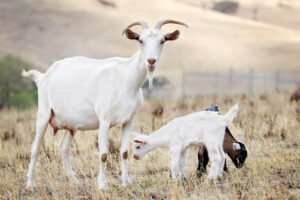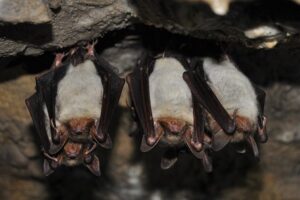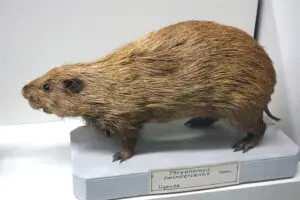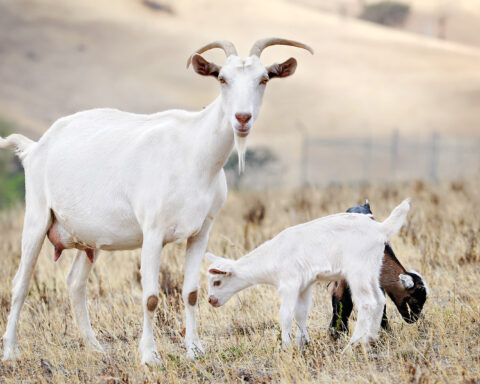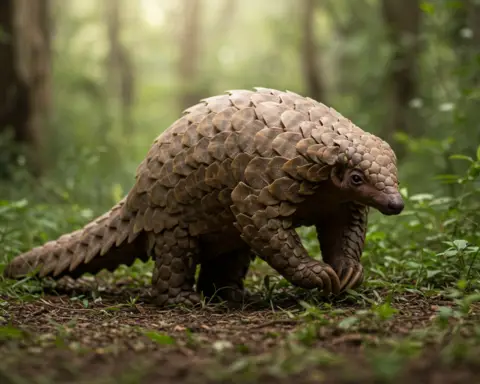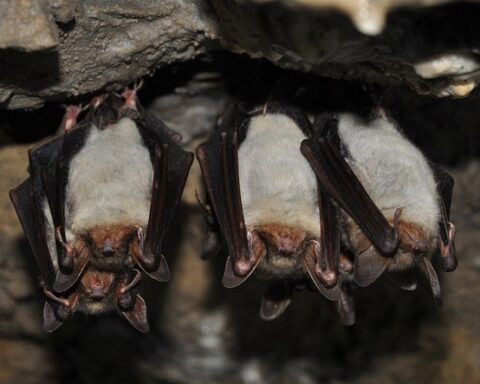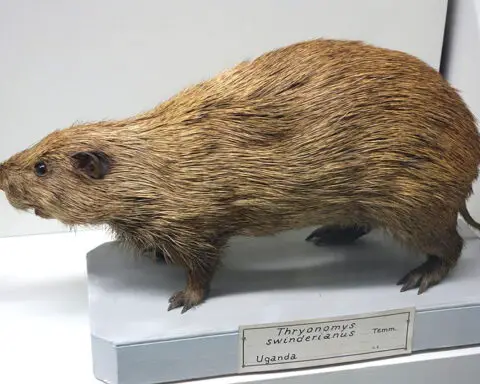Are you a horse owner looking for tips and advice on how to take care of your horses? You’ve come to the right place. Caring for horses is no easy task. It requires commitment, dedication, and lots of hard work. But with the help of expert advice from experienced horse owners and professionals, you can ensure that your beloved equine friends are in peak condition at all times. This article will look at some of the most important tips from experts on taking care of horses. Let’s get started.
Find the Right Horse Products
One of the best ways to ensure your horse is healthy and happy is to give it the best care possible. This means using quality products designed specifically for horses. You can visit equestrian shops to find a wide range of items, including grooming supplies, turnout gear, and more. Ensure you find safe, reliable products made with natural ingredients to give your horse the best care possible.
Some of the factors to consider when choosing these products include the size and age of your horse, its health condition, and any allergies or sensitivities it might have. Additionally, make sure to read reviews from other owners who have used the same items before purchasing them. They can guide you in finding the right product for your horse.

Provide a Balanced Diet
A balanced diet is essential for keeping your horses in good shape. You should feed them fresh hay and clean water daily and provide a diet rich in nutrients and vitamins. Get in touch with a vet to find out the exact nutritional requirements of your horse, including recommended amounts of protein, minerals, fats, and carbohydrates.
When feeding your horse, it is important to use the right type of feed for its age and activity level. You also need to ensure that the hay or other roughage is clean and free from contaminants. And lastly, always provide plenty of fresh water, so your horse stays hydrated at all times. For instance, if your horse is a heavy water drinker, you could consider installing an automatic waterer or water tank.
Create a Comfortable Environment
Your horse’s environment will determine its health and well-being, so it is important to provide comfortable surroundings for them. The stables or barn should be clean, spacious, and well-ventilated. Make sure to regularly check the grounds and pens for any hazards, such as broken nails or other sharp objects. In addition, always provide plenty of hay and straw bedding to keep your horse warm during cold weather.
Some of the things to add to their settings include rubber mats, salt licks, and slow feeders. Ensure that these items are placed in safe places that are easy for your horse to access. Additionally, add some toys or treats for the horse to keep it entertained and content. These items will make your horse feel more comfortable and provide it with essential minerals and vitamins that are not found in its regular diet.
Schedule Preventive Care
Preventive care is essential for keeping your horse healthy and happy. Schedule regular visits with a vet or farrier to check on its health and monitor any changes in behavior. During these visits, the vet can also help identify any potential health issues and advise on how to prevent them from worsening.
Additionally, ensure that your horse is up-to-date with routine vaccinations, deworming medications, and hoof care. These preventive measures will keep diseases and parasites at bay and ensure your horse stays healthy for many years to come.
Finally, try to set up a regular brushing and grooming schedule for your horse. Grooming will keep its coat in optimal condition and stimulate blood circulation. This can prevent skin issues and ensure that your horse looks its best all year round.
Exercise Regularly
Regular exercise is an important part of keeping your horses healthy and happy. Try to give them at least 30 minutes of exercise every day. This can include long walks, running on flat surfaces, or trotting in an enclosed area. Exercise will help build muscle and strengthen your horse’s core muscles. Additionally, it can help prevent boredom and keep your horse fit and agile.
Make sure to provide plenty of rest between exercise sessions, and always supervise your horses while they are outdoors. For instance, you can start exercising them in a contained area and increase the distance gradually. This can help keep them safe and prevent any accidents or injuries. If possible, try to join in on the fun and take your horse out for a ride every now and then.
Check and Pick Out Hooves Daily
Hooves are crucial for a horse’s overall health and well-being, so you should check them at least once daily. During your inspection, look out for any signs of infection or injury. Additionally, pick out the hooves to keep them clean and free from stones, dirt, or other debris that can cause discomfort or pain.
When doing so, ensure that you use the right tools and techniques to avoid hurting your horse. Additionally, you can consider using hoof boots or wraps while exercising to protect them from wear and tear. This is essential in areas where the terrain is rough and uneven.
Provide Adequate Socialization

Horses are social animals and enjoy being around other horses or human companionship. Therefore, you must provide enough time for your horse to socialize with other animals and people. This will help build its confidence and boost its overall well-being.
When introducing your horse to new environments, make sure to do so gradually. Let it explore the area at its own pace and provide plenty of positive reinforcement when it does something you like. Additionally, consider joining a local riding club or attending events such as horse shows, rodeos, and trail rides.
These activities will give your horse plenty of opportunities to mingle with other horses and people. Finally, remember to provide enough time for rest and relaxation after the socialization sessions are over.
Taking care of your horses requires dedication and commitment. By following these tips from experts, you can ensure that your horse is healthy, happy, and well looked after. Regular preventive care visits with a vet or farrier, exercise sessions, hoof maintenance, and socialization are all essential for keeping your horse in tip-top shape. Ensure to work with professionals where possible to ensure that you are providing your horse with the best possible care.

